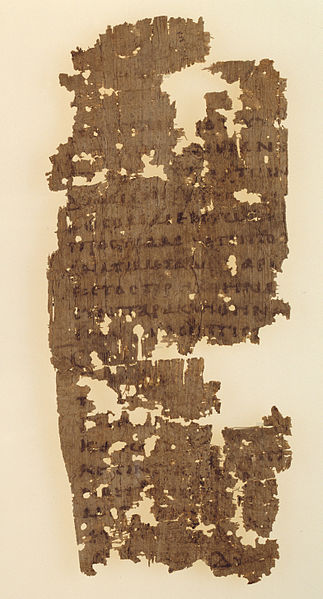Infinite photos and videos for every Wiki article ·
Find something interesting to watch in seconds
Celebrities
Largest Empires
Best Campuses
World Banknotes
Kings of France
Ancient Marvels
Rare Coins
Presidents
Sports
Wonders of Nature
Great Museums
Wars and Battles
Tallest Buildings
Orders and Medals
Famous Castles
History by Country
Largest Palaces
Crown Jewels
British Monarchs
Recovered Treasures
Great Cities
Animals
Great Artists
Supercars
Richest US Counties
Countries of the World
more top lists





